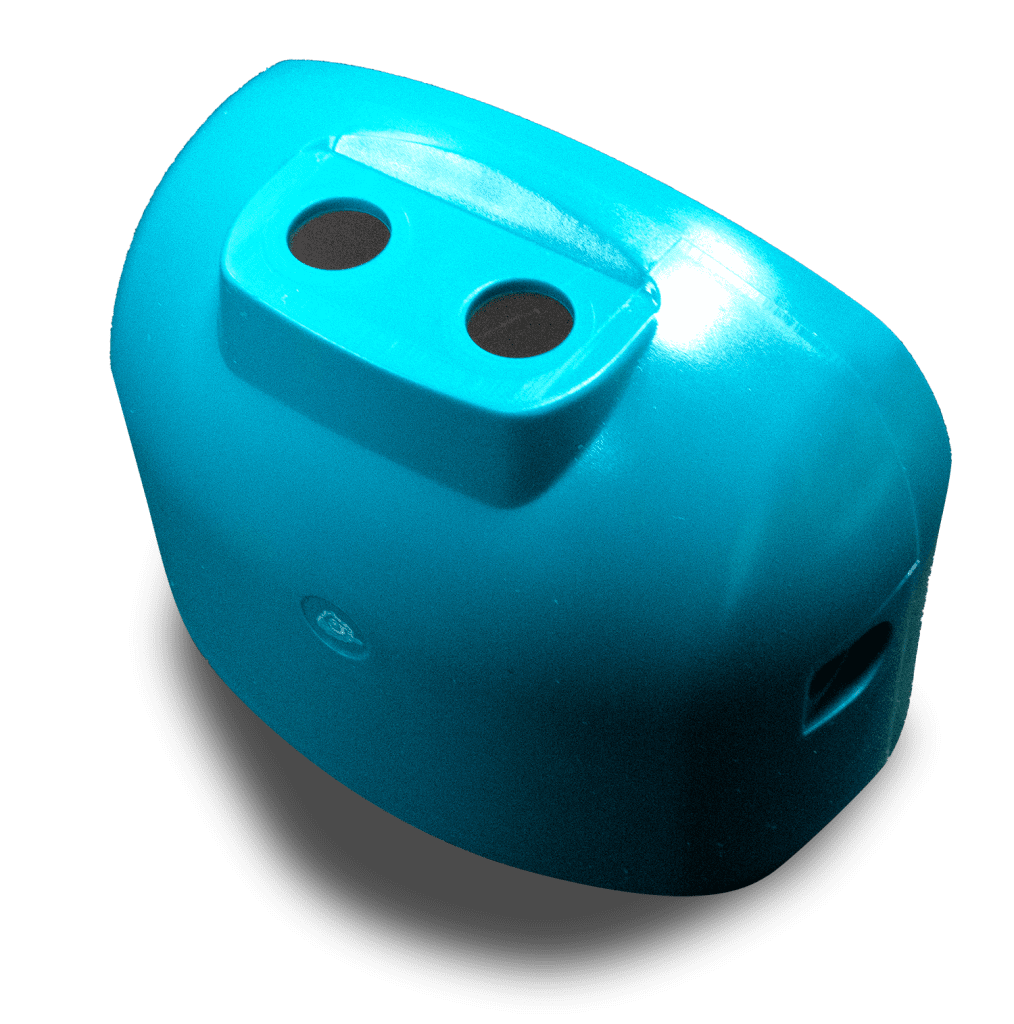Polysulphone
Polysulphone (PSU) and Polyethersulphone (PES) are durable materials that can be used in a wide range of temperatures. They are both self-extinguishing and have outstanding creep resistance.
What are the key properties of Polysulphone?
Both materials have a high Heat Distortion Temperature (HDT) and can operate at a maximum continuous temperature of 180°C. The material’s hardness is maintained down to -70°C. They have a lower impact strength than polycarbonate, despite having a higher impact strength. Ionizing radiation does not affect them.
PES has better creep resistance, smoke emission characteristics, and a higher HDT than PSU, but PSU absorbs less water and is less expensive.
The materials’ natural colour is translucent amber, so they can be coloured, but high processing temperatures must be considered. These products have the ability to be machined. Gluing or welding may be used to join the parts (frictional, thermal and ultrasonic). Paint, metallization, and electroplating are all options for parts.

How is Polysulphone used?
Since these materials are costly, they are only used in applications that need long-term thermal stability, dimensional stability, hardness, and fire resistance. Microwave grilles and dishes, medical respirators, dental reamers, and dialysis machines have all been made for them. They’re also used in dishwashers and automobile parts because of their chemical tolerance and operating temperature range. PSU is being used to replace stainless steel and glass in milk processing equipment in the dairy industry.
We’d Love to Hear From You, Get In Touch With Us!
Please contact us if you would like to receive a quotation and/or to find our more about how we can provide the service you are looking for.




